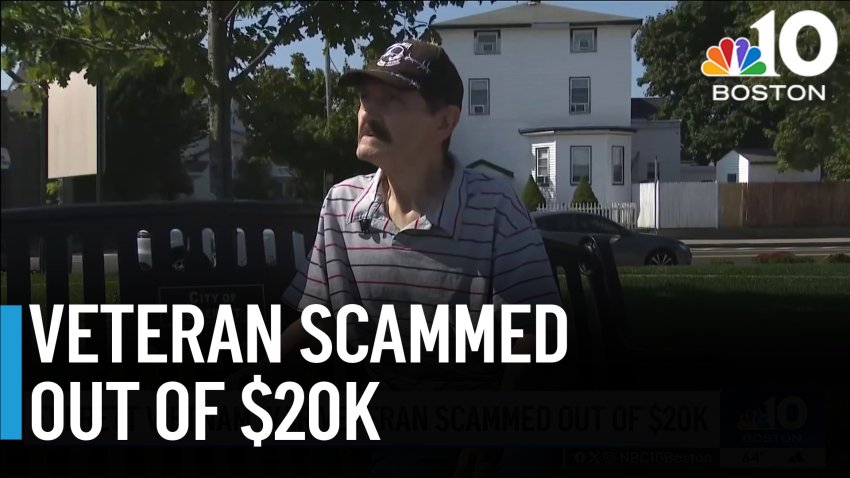Bitcoin ATM scams are increasing at an alarming rate.
Bitcoin ATM scams are on the rise and costing people millions of dollars.
The machines, also known as BTMs, have been popping up at convenience stores and gas stations. They are used to buy and send cryptocurrency, but scammers are using them to steal your money.
WATCH ANYTIME FOR FREE
Stream NBC10 Boston news for free, 24/7, wherever you are. |
According to the Federal Trade Commission, fraud losses at the machines have topped $65 million in the first half of 2024.
These acts of fraud mostly include government impersonation, business impersonation and tech support scams.
Get updates on what's happening in Boston to your inbox. Sign up for our News Headlines newsletter.
Initial contact may be made via phone calls, online ads such as popups, or by email.
Someone may tell you there was suspicious activity or that unauthorized charges were made on an account. Others get your attention with fake security warnings on your computer, often impersonating a well-known company.
Scammers claim that depositing cash into these machines will protect your money or fix the fake problem they've concocted.
More on fraud and scams
Peggy Herbert, 83, was duped into putting $34,000 into a machine last year.
"I got the alert on my iPad," said Herbert. "'Alert, alert … call this number … your account has been compromised.' Yeah. And I thought, 'Oh, I better call this number.' So I did, and the fellow that answered gave me his ID number from Apple, gave me his name, and then asked me where I banked. And I told them, and he then put somebody else on the phone, as the fraud department from the bank."
Police were able to recover her money, but that's not always the case.
The FTC offers the following advice to protect yourself:
- Never click on links or respond directly to unexpected calls, messages, or computer pop-ups. If you think it could be legit, contact the company or agency, but look up their number or website yourself. Don't use the one the caller or message gave you.
- Slow down. Scammers want to rush you, so stop and check it out. Before you do anything else, talk with someone you trust.
- Never withdraw cash in response to an unexpected call or message. Only scammers will tell you to do that.
- Don't believe anyone who says you need to use a Bitcoin ATM, buy gift cards, or move money to protect it or fix a problem. Real businesses and government agencies will never do that -- and anyone who asks is a scammer.
Some scammers will also try to convince you that these BTMs are "safety lockers" for your money. Don't fall for it.
People over the age of 60 were targeted in more than half of the reported scams this year. So take the time to talk to the seniors in your life about them.
"Hang up. Call someone in your family or call someone, a friend," said Herbert. "Be careful of these sophisticated schemes."





